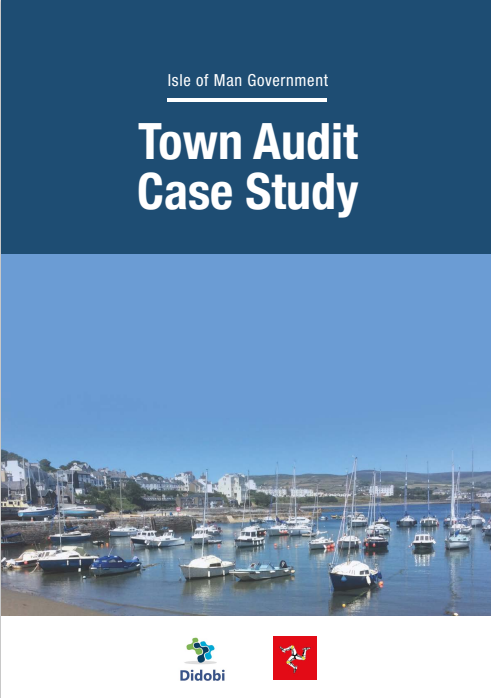Who is the most important person on earth?
This question was asked of Martin Sorrell recently and without hesitation his answer was Jeff Bezos of Amazon (who incidentally turns 50 in January so he is not vintage). Is he right? This story from Bryan Roberts was a good start to the debate at today’s Squire Sanders retail event in Leeds.
So here are the main ‘take-aways’ for me from the event. I will endeavor not to duplicate anything that also came up in London.
One of the big issues in retail that many are grappling with is the balance around price and service. With good service, price is not significant but where there is no service or perceived need for it, then price is often the decision point. Show rooming was debated, but at the end of the day everyone agreed that it is the job of retailers to do this and that closing the deal is the key differentiator. This brings me back to product, price and service. Those who talk purely of price have nothing else to say so are lost in modern retail. Retailing is true democracy in action, as consumers vote with their feet and wallets – perhaps this point is of special note for our politicians!
Both TM Lewin and Pets at Home said that 25% of their business comes from online and/or Click & Collect, so it is now a significant part of their business. What this number does not take account of, however, is those of us who research online prior to buying in store. 93% of Pets at Home customers have done this. As the consumer has done the research, then all the retailer has to do is close the deal – easy! It is therefore critical to have the best possible staff and store experience in order to make that happen. This process may not be true of all retailing, as consumers have needs and wants. Needs are obligatory and wants are discretionary. An example is that if your freezer breaks down then you need a new one now, and research online combined with a good warranty, swift delivery, and fair price is all you need to succeed. This is an issue for some retailers as many, to hold onto their margins, do not hold stock as they used to as it costs money. The onus falls onto the suppliers to deliver and this is where it falls down; local players with stock can sweep up, as John Lewis found when my mother tried to order a replacement freezer from them recently. The local independent offered the best service and interestingly a lower price with a next day delivery from their store and not a four-week wait with an additional £60 cost. This proves that it is not just about big retailers cleaning up at the expense of the independents.
TM Lewin made some interesting points. Firstly that their fastest growing business is not five shirts for £100, but their four day tailoring service along with sales of their high end suits. In addition, everything is not all about digital as after an 18 months break they have reintroduced their catalogue to help customer retention (a great reminder) and acquisition. Good news for new Royal Mail shareholders! The other interesting point is that Boden has stopped including menswear in its catalogues – do men not buy from catalogues or more dangerous still, has the assumption been made that women don’t buy clothes for men? Only their sales figures will tell! The point about paper was further reinforced by Pets at Home who have signed up 1.6m (VIP – very important pets customers) who receive 600,000 catalogues, which even carry their competitors advertising for pet insurance! Capitalism at its best! This helps drive awareness and the ‘life long’ relationship approach. Health and beauty growth is not just limited to us humans, as Pets at Home have added 110 grooming salons in store!
In this multi-channel section there was considerable debate around the reasons for the death of Jessops, but time does not allow for me to cover this. One point that was made however, is that in general, technology retailers, with the exception of Apple who are the brand and the retailer, are a long way behind in the relationship with their customers. All too often they have products built by geeks, sold by geeks, and only bought by geeks leaving behind the mass market of the partially informed.
The second section I was involved in was the property debate. With a retailer, landlords, and investors on the panel it proved interesting as ever. It was acknowledged, quite rightly, that the relationship all too often is adversarial but we should not be surprised by this, as how many people love the taxman or consider him an ally? There were four key things that Intu considered as important for good landlords:
- adapt space;
- create consumer experience;
- build retailer relationships (that may be a step too far, so at least a mutual respect);
- embrace technology.
The property issue is massively different depending on whether you own/occupy a high street unit, a shopping centre, or a retail park. The ability to control increases as per this list.
We then got onto the thorny issue of rents: there was great debate around the merits, or otherwise, of turnover rents but at the end of the day surely it is profitability that is the acid test. The multi-channel environment has made turnover rents an impossibility in my view. I proposed the idea of rents based on footfall numbers brought to the retailers door, but nobody got too excited by that idea! This is a big issue for the investment market, that has lived on 25-year leases with upward only rent reviews. By definition, institutional investment is a long-term game but now they are playing in a short-term world. Do not despair, as the office market was the same until twenty years ago when serviced offices took off. We are now seeing the same in retail where you can rent a shop for hours, days or months. If this is what your customer wants, then surely s/he must get it? Of course, this risk has to be priced accordingly and that is the challenge. The two key elements here are sustainability of the income stream for the landlord and sustainability of the business model for the occupier.
Business rates were given a good going over as a key issue that needs resolution, and the question was asked as to whether anything will really happen. You can do your bit here by signing the e-petition.
The final hand grenade thrown into the room was that service charges in secondary shopping centres are the next big bang. These centres were bought in the boom times as a short-term investment on short returns with no long-term investment strategy. They are now increasingly unoccupied, decaying, and no longer suitable for all retailers. It is therefore going to fall back on those that remain to subsidise these centres, but can they afford to and unless they are on a long lease, I doubt they will hang around.
So a good morning’s debate with some excellent views and questions. Such thought leadership events are important for an industry undergoing radical change. It is only through teamwork that everyone will realise their potential and desired outcomes. Thank you to the Squires Sanders team and Leeds for hosting us all.






Leave a comment: